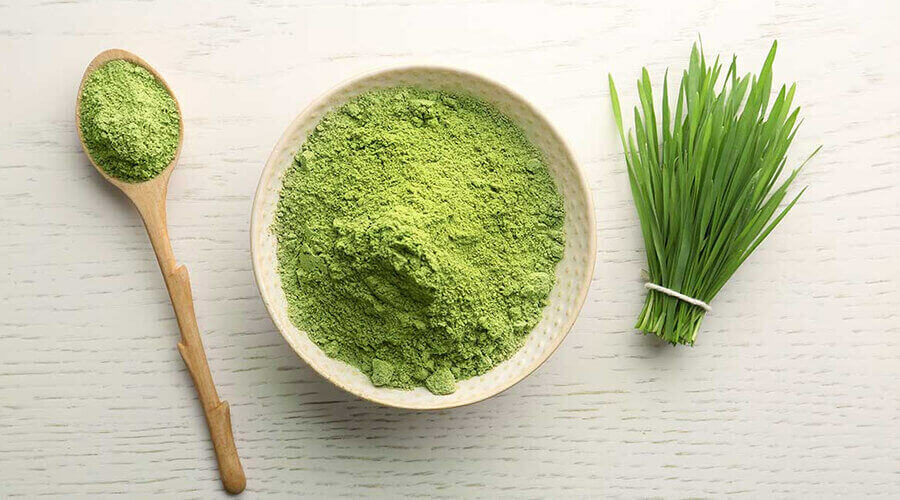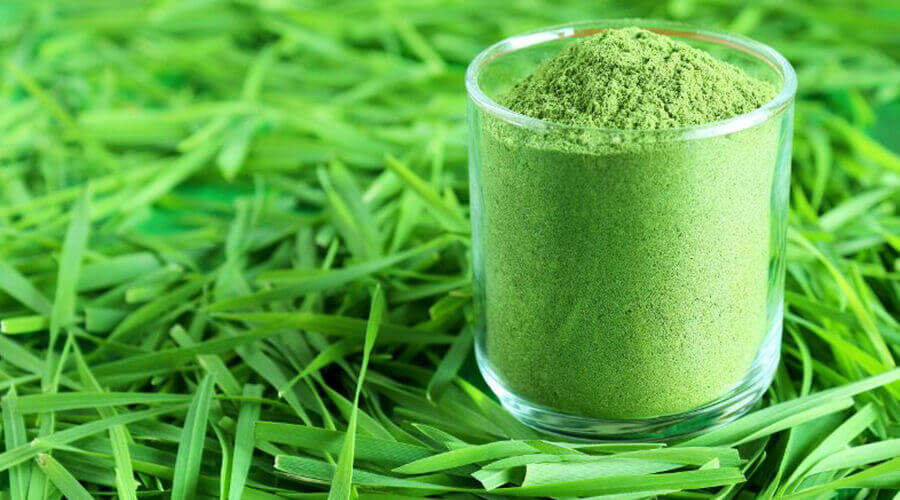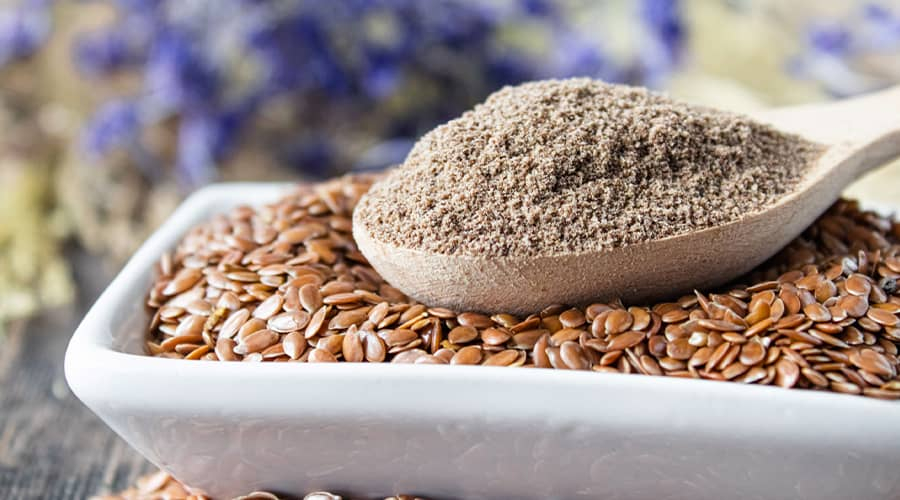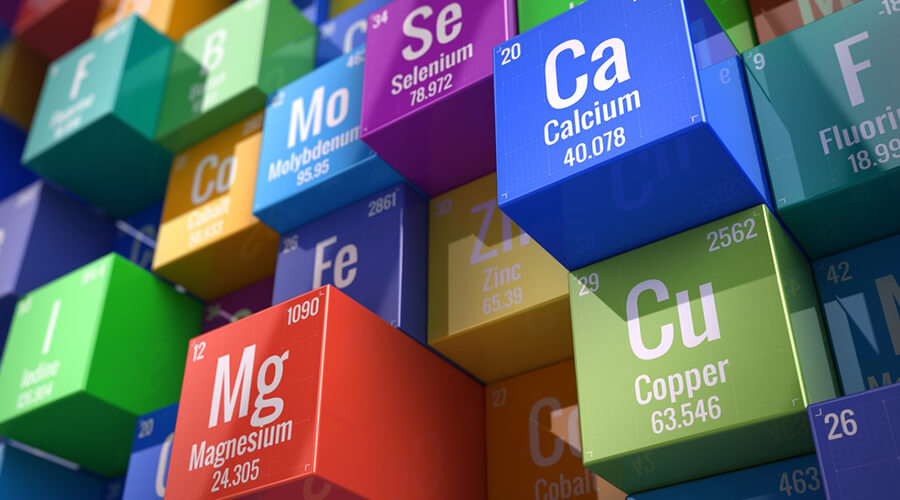Optimal wheatgrass powder dosage for maximum benefits.

To maximize the benefits of wheatgrass powder, a typical dosage is 1-2 teaspoons per day, either in smoothies or mixed with water, for optimal health effects.

To maximize the benefits of wheatgrass powder, a typical dosage is 1-2 teaspoons per day, either in smoothies or mixed with water, for optimal health effects.

Wheatgrass powder is packed with nutrients, including vitamins, minerals, and antioxidants, offering benefits like boosting immunity, detoxifying, and improving energy levels.

Flaxseed meal is rich in omega-3 fatty acids, fiber, and antioxidants, promoting heart health, digestive health, and reducing inflammation for overall well-being.

The 7 best calming teas, such as chamomile, lavender, and lemon balm, help reduce stress, promote relaxation, and improve sleep, making them perfect for daily use.

Learn about the 15 key minerals, such as calcium, magnesium, and iron, that support various bodily functions, from bone health to immune system function.

The 10 best herbs for eye health include bilberry, ginkgo biloba, and turmeric, which support vision, reduce inflammation, and protect against age-related conditions.

Creams containing anti-inflammatory ingredients like diclofenac, menthol, or arnica can help alleviate tendonitis pain and reduce swelling for faster recovery.

Stone rose, known for its anti-inflammatory and antioxidant properties, is used to treat wounds, infections, and digestive issues, promoting overall health and healing.

To reduce muscle pain naturally, try remedies like stretching, applying heat or cold packs, using essential oils, and consuming anti-inflammatory foods.

Conditions like rheumatoid arthritis, osteoarthritis, gout, lupus, and psoriatic arthritis can cause severe joint pain, stiffness, and long-term damage.